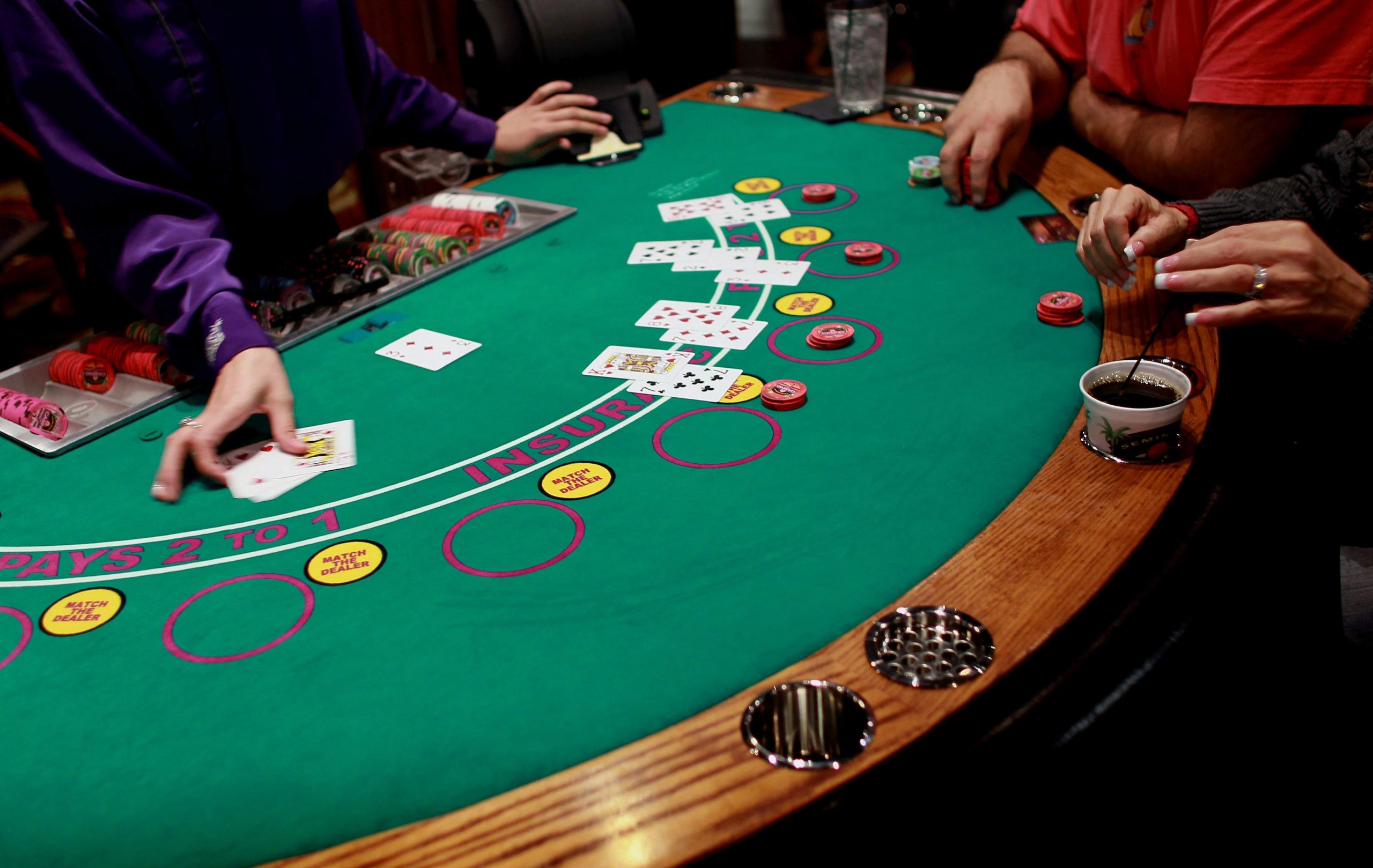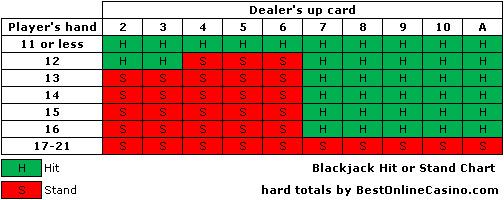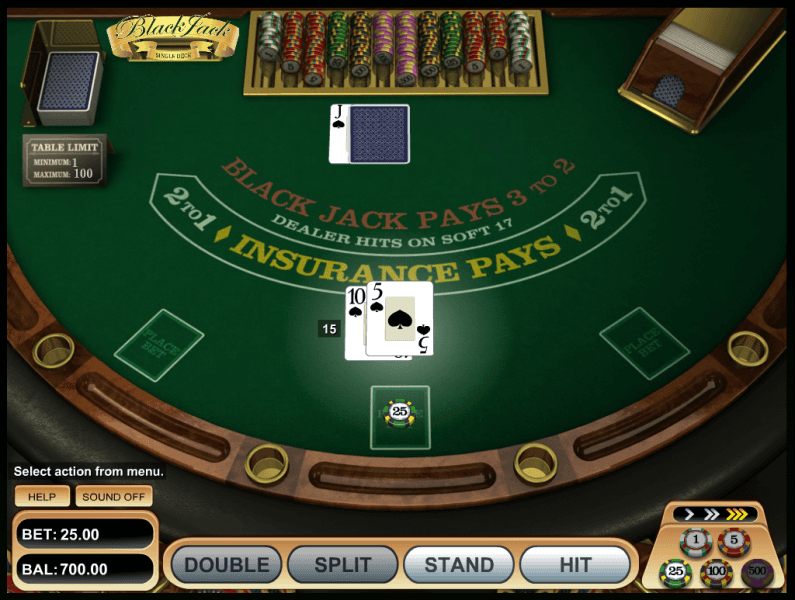Rules
- This Blackjack tutorial will run you through the option that you have of placing Insurance in the game. This is when you protect your bet from the Dealer dra.
- Blackjack Insurance and Surrender Rules. Insurance - This nearly universal rule allows an insurance bet against a dealer face up Ace. Note: Not allowed with Double Exposure. Insure Blackjack only - Some casinos in Europe, in particular England, allow insurance bets only when the player has a Blackjack. This is not really Insurance but Even Money.
- Blackjack Insurance Rules. To make an insurance bet, players must follow certain blackjack rules. The dealer must have an Ace as their upcard, otherwise no insurance bet can be made. If an Ace appears, the dealer will offer players the option to place an insurance bet. Players must decide whether to accept before the dealer checks the hole card, otherwise the offer expires.
- Normally, some of the most important rules, such as 'Blackjack pays 3 to 2' and 'Dealer must draw on 16 and stand on all 17's' are printed on the table. To play blackjack you need chips to bet with, and you typically buy your chips directly from the dealer.
Simply, taking insurance means betting that the dealer will have blackjack. In blackjack, when the dealer is showing an Ace and before they show their hole card, a side-bet called insurance becomes.
The player's goal is to assemble a hand worth a number of points that exceeds the value of the dealer's hand. You need to collect no more than maximum of 21 points, or you lose (bust).
Six standard 52-card decks are used in the game. In order to participate in a round the player must place a bet. Once all bets have been placed, the dealer deals two face-up cards to each player and one face-up card and one face-down card to him- or herself.
Once the player and the dealer have finished taking their cards, the values of their final hands are compared. If the player's score is higher than the dealer's, the player gets a 1:1 payout on their bet. If a player and the dealer have the same score (other than blackjack), this is considered a draw and the player gets their bet back. If the dealer's score is higher than the player's, the player loses.
Blackjack
If the first two cards in a hand are worth a total of 21 points, this hand is called 'blackjack.' If the dealer gets blackjack, all players lose other than those with blackjack. If both the dealer and a player have blackjack, this is considered a draw, and the player gets their bet back.
If a player has blackjack and the dealer does not, the player wins and gets a 3:2 payout on their bet. Home depot canada mail slot.
If the dealer's face-up card is worth 10 points, they look at their face-down card. If the dealer has blackjack, they turn their cards over, and the round ends.

Player Actions
If neither the player nor the dealer have blackjack, the player can choose one of several actions once the cards have been dealt.
'Split' – this action is only available if the player's hand contains two cards of the same value. The player doubles their bet, splits their hand in two, and takes two additional cards. The two hands are then played independently.

'Hit' – the player takes another card. This action can be repeated until the value of the hand exceeds 21 points.
'Double' – the player doubles their bet, takes another card, and stands.
'Stand' – the player takes no more cards and keeps their current hand.
The Rules Of Blackjack
If the value of the player's hand exceeds 21 points, they lose the round.

Dealer
Once all players have stood, the dealer turns their face-down card over.
If necessary, the dealer can take additional cards until they have 17 or more points. If the dealer's score exceeds 21, all players who have not gone bust automatically win regardless of their score.
Insurance
Special case: if the dealer has a face-up ace, the players have the option to place an additional 'insurance' bet equal to half of their original bet. Once all players have made a decision, the dealer looks at their face-down card. If the dealer has blackjack, a payout of 2:1 is paid on all 'insurance' bets. If the dealer does not have blackjack, all insurance bets go to the pot and the game continues as usual. Nfl slot wrs.
Payouts
| Bet | 1:1 |
| Blackjack | 3:2 |
| Draw | The bet is returned |
| Bust | The bet is lost |
| Insurance | 2:1 |
Counting Points
Insurance In Blackjack

Player Actions
If neither the player nor the dealer have blackjack, the player can choose one of several actions once the cards have been dealt.
'Split' – this action is only available if the player's hand contains two cards of the same value. The player doubles their bet, splits their hand in two, and takes two additional cards. The two hands are then played independently.
'Hit' – the player takes another card. This action can be repeated until the value of the hand exceeds 21 points.
'Double' – the player doubles their bet, takes another card, and stands.
'Stand' – the player takes no more cards and keeps their current hand.
The Rules Of Blackjack
If the value of the player's hand exceeds 21 points, they lose the round.
Dealer
Once all players have stood, the dealer turns their face-down card over.
If necessary, the dealer can take additional cards until they have 17 or more points. If the dealer's score exceeds 21, all players who have not gone bust automatically win regardless of their score.
Insurance
Special case: if the dealer has a face-up ace, the players have the option to place an additional 'insurance' bet equal to half of their original bet. Once all players have made a decision, the dealer looks at their face-down card. If the dealer has blackjack, a payout of 2:1 is paid on all 'insurance' bets. If the dealer does not have blackjack, all insurance bets go to the pot and the game continues as usual. Nfl slot wrs.
Payouts
| Bet | 1:1 |
| Blackjack | 3:2 |
| Draw | The bet is returned |
| Bust | The bet is lost |
| Insurance | 2:1 |
Counting Points
Insurance In Blackjack
The following card values are used when counting points: the cards from 2 to 10 are worth a number of points equal to the card's face value. The cards J, Q, and K are worth 10 points. Ace is worth 1 or 11 points depending on which point value prevents the hand from exceeding 21.